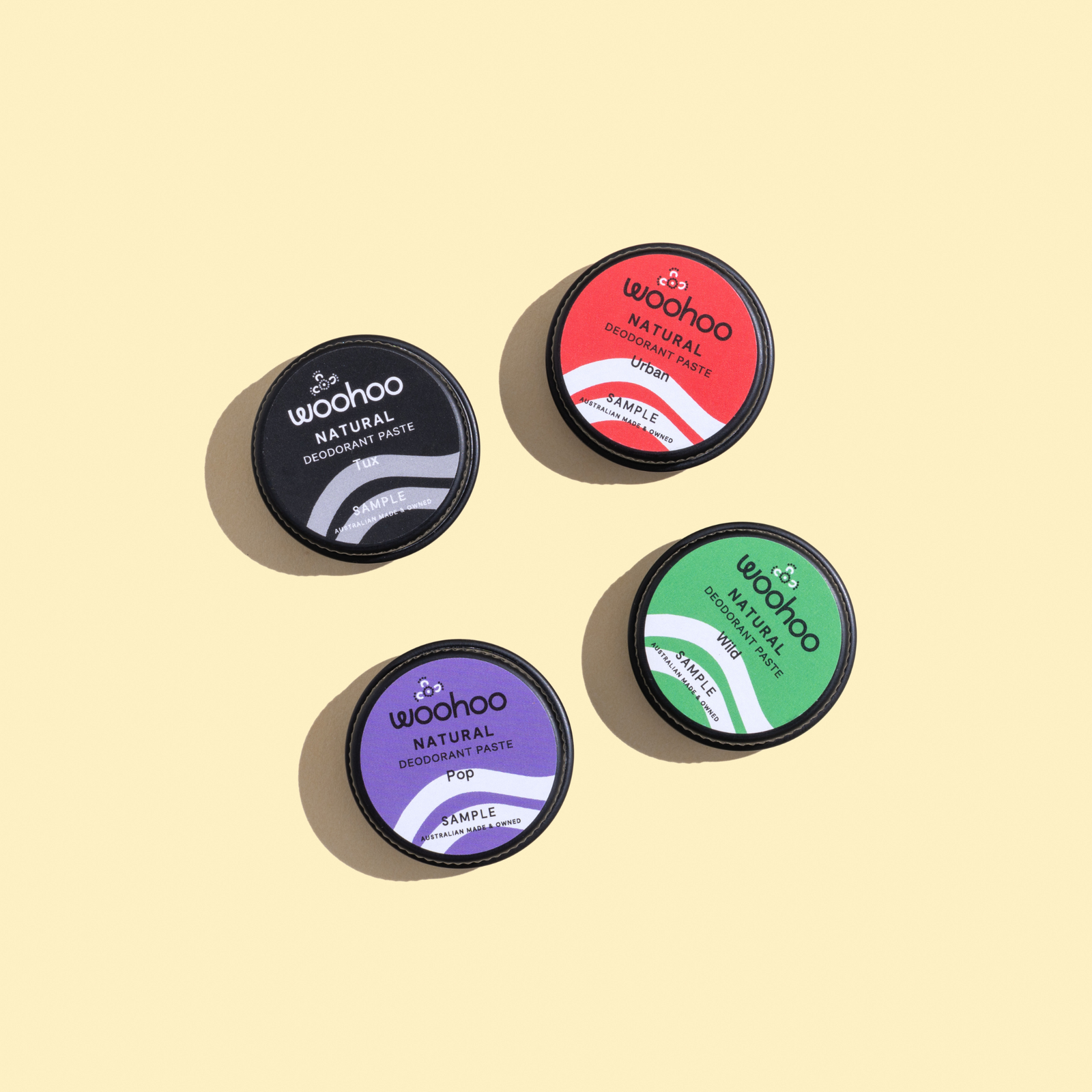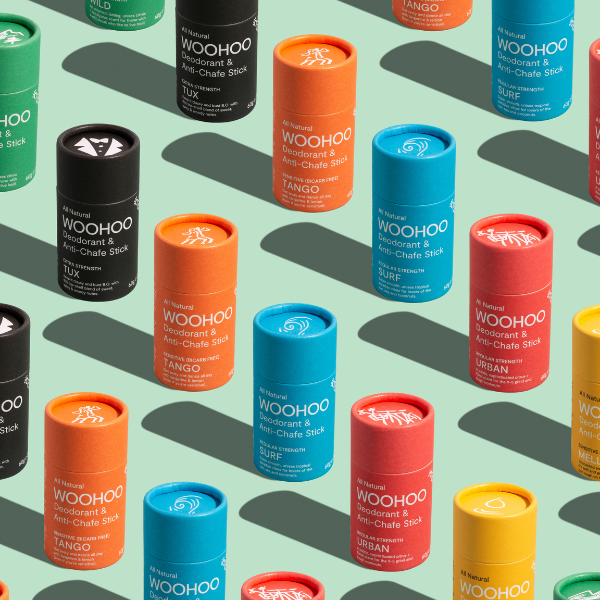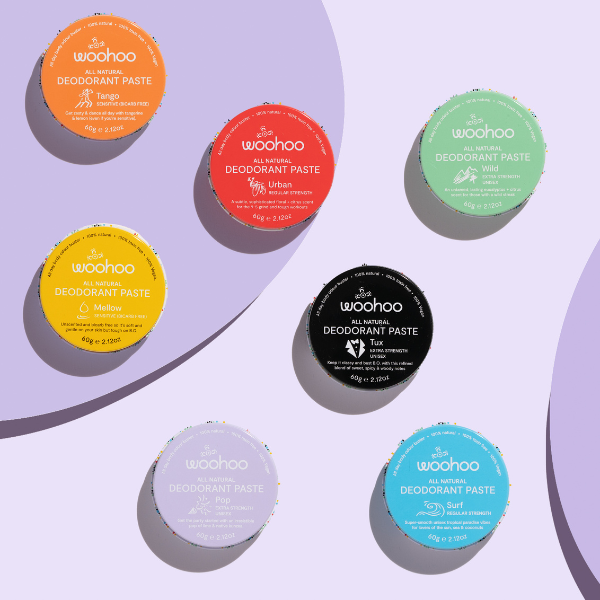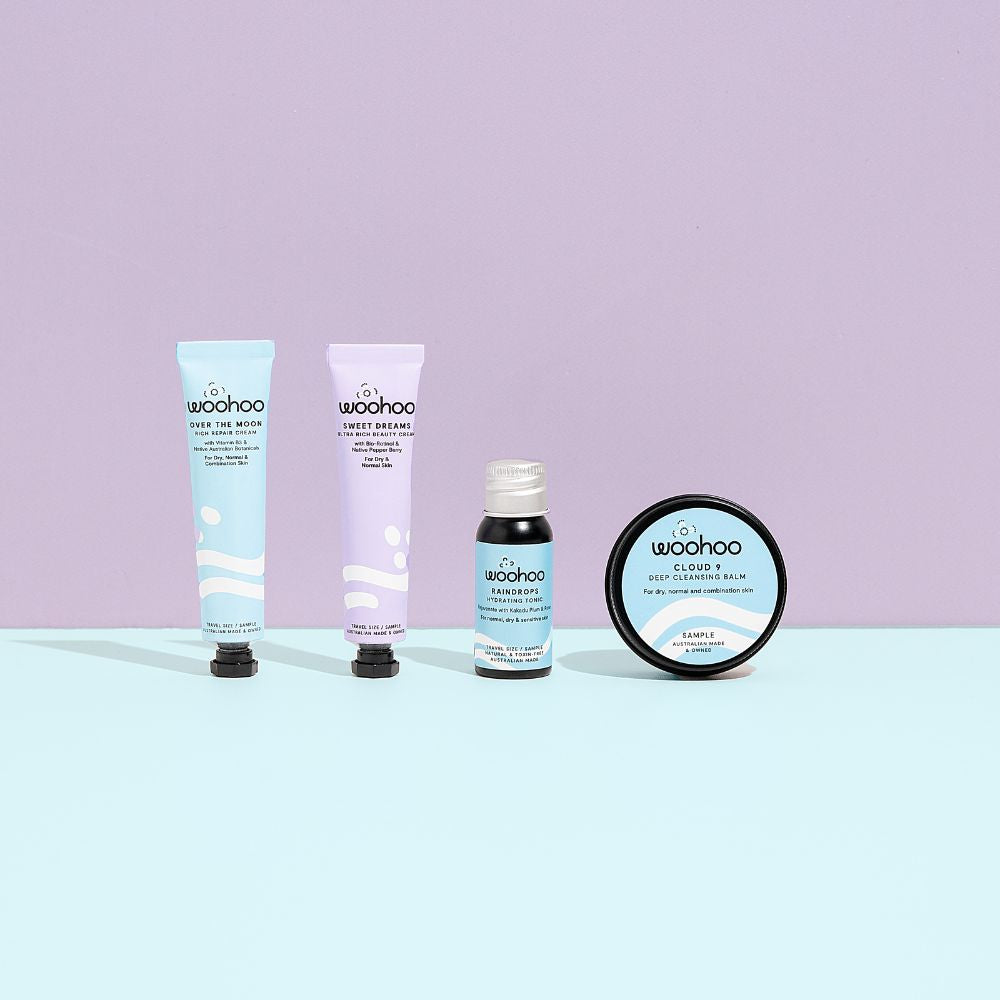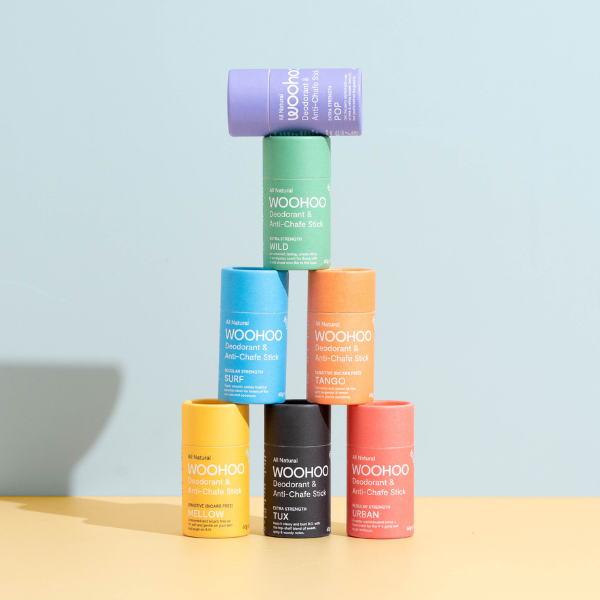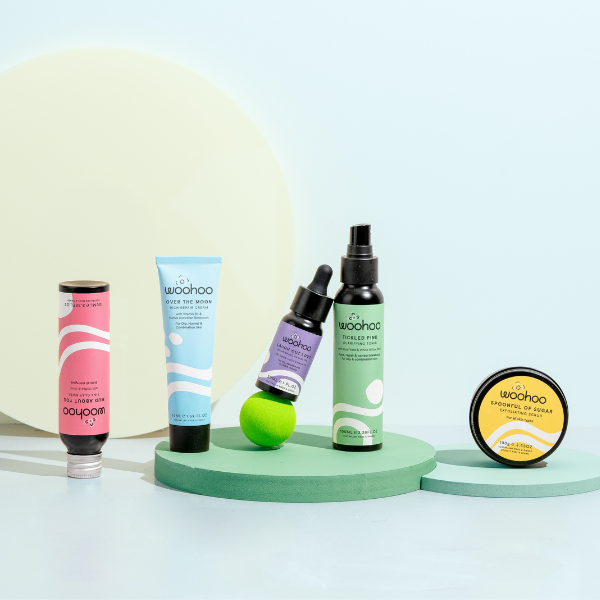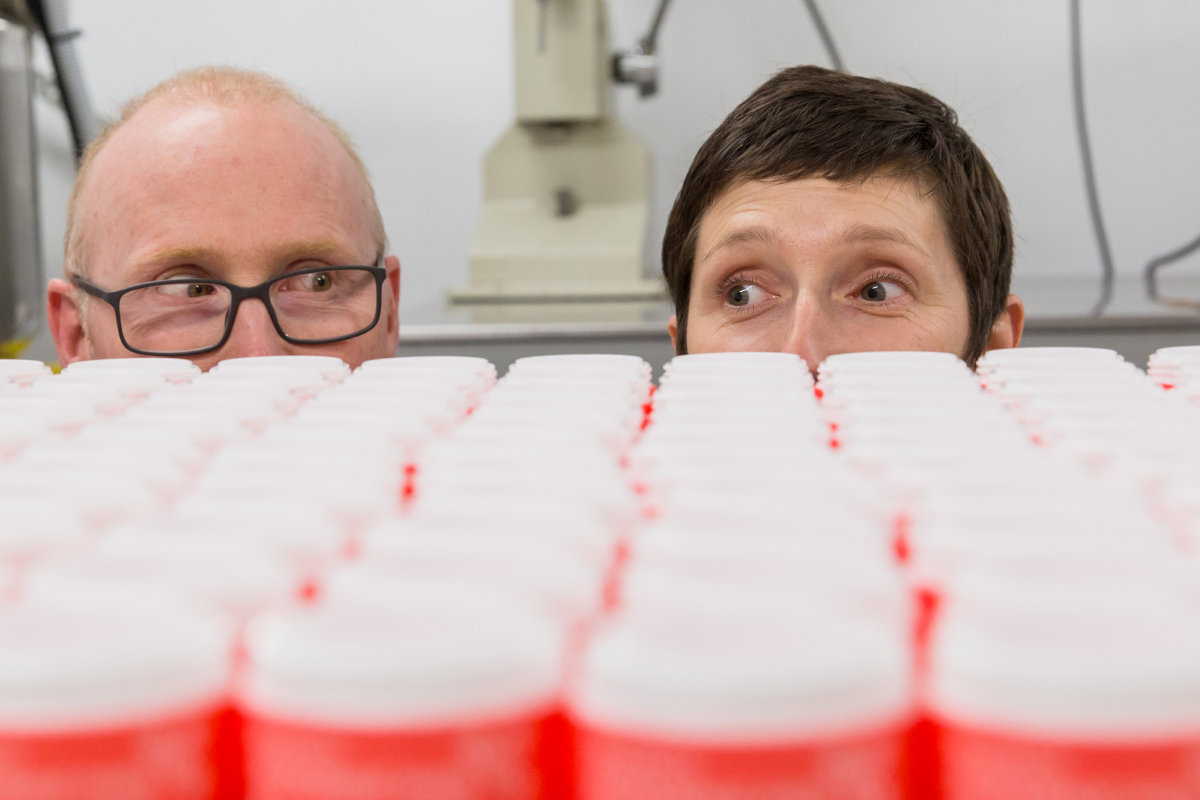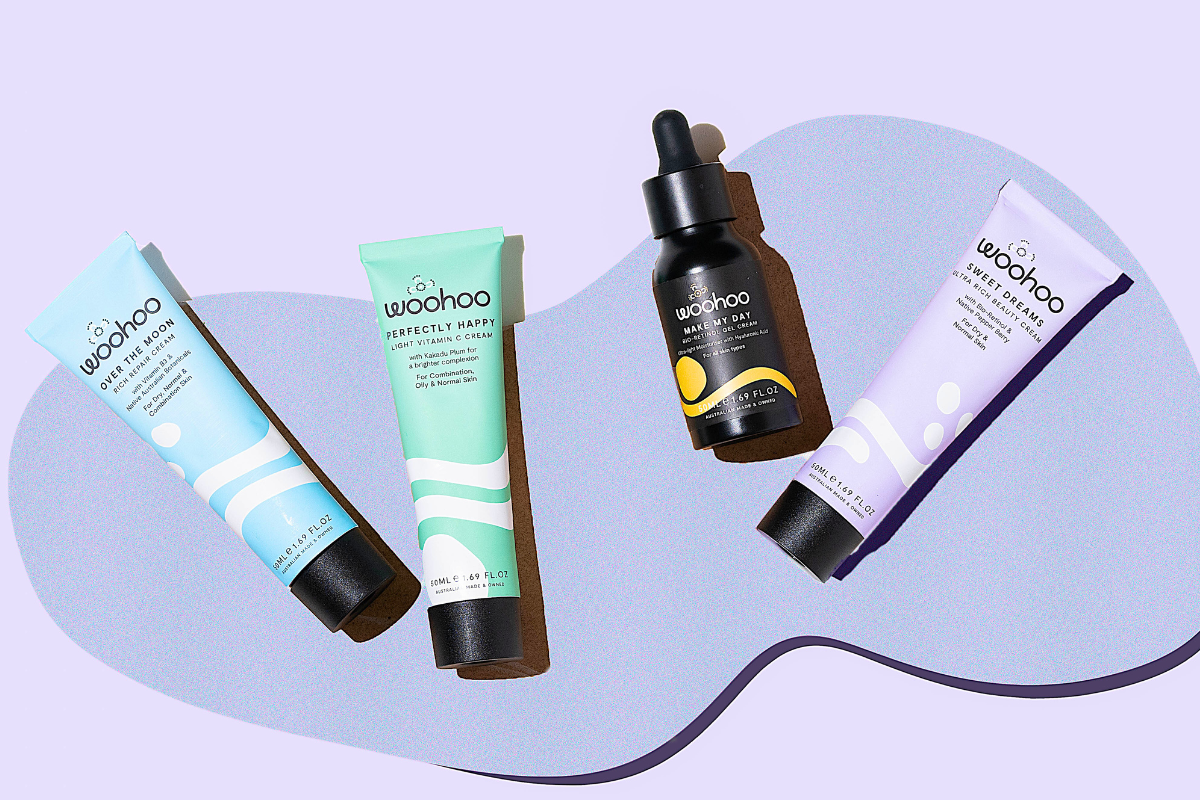There are so many myths and misconceptions floating around in the skincare world, we thought that this week we would bust a few of them and tell you the truth.
We can only guess where these myths have come from – probably a mix of our grandmothers, “creative” brand marketing, and old skincare research that has now been proven wrong! Enjoy 
1. Hot Water or Steam Opens Pores.
Pores are not doors, they cannot open and close. The confusion may have stemmed from poor communication from brands (we have even been guilty of being confused by this one in the past). What we really mean is that pores can be reduced in size if they are firstly enlarged by excess oil but closing and opening pores sounds better. All products can do is reduce the appearance of pores if they are enlarged.
2. Switch your products every few months because you skin adapts and gets used to it.
Just as a healthy diet doesn’t stop being good for you neither does your healthy skincare. As long as your products are providing the health building nutrients your skin needs then there is no need to change. You may notice that improvement slows down but this is only natural because your skin is getting healthier.
3. Ages Spots Are Inevitable
Age spots are not caused by age but the sun. The really should be called sun spots because they are signs of UV damage. Protecting yourself from the sun will help prevent age spots.
4. Diet has no impact on how your skin ages
 There is now research backing up what we probably already knew deep down. What you put in your mouth plays a major role in how healthy your skin is. Your skin is a good sign of your overall health. High glycaemic (GI) foods (like some rice, pasta, white bread, sugar) are the worst because they cause your body to make insulin (or blood glucose). This increases internal inflammation which ages you and your skin faster. Having too much sugar in your blood is extremely drying to our skin and that is why diabetics need to be vigilant with their skin care.
There is now research backing up what we probably already knew deep down. What you put in your mouth plays a major role in how healthy your skin is. Your skin is a good sign of your overall health. High glycaemic (GI) foods (like some rice, pasta, white bread, sugar) are the worst because they cause your body to make insulin (or blood glucose). This increases internal inflammation which ages you and your skin faster. Having too much sugar in your blood is extremely drying to our skin and that is why diabetics need to be vigilant with their skin care.
(Image source: Professor Jennie Brand-Miller, University of Sydney)
5. Hypoallergenic products are better for sensitive skin
 Hypoallergenic is an advertising word created to imply that a product is less likely to cause a reaction and therefore better for sensitive skin. It doesn’t mean that it won’t cause a reaction. There are no standards or regulations that a product must pass to be labelled hypoallergenic, so it is a poor guide. We say that some of our products are suitable for sensitive skin but nothing is 100% and that is why we have our satisfaction guarantee to at least make sure you don’t waste any money.
Hypoallergenic is an advertising word created to imply that a product is less likely to cause a reaction and therefore better for sensitive skin. It doesn’t mean that it won’t cause a reaction. There are no standards or regulations that a product must pass to be labelled hypoallergenic, so it is a poor guide. We say that some of our products are suitable for sensitive skin but nothing is 100% and that is why we have our satisfaction guarantee to at least make sure you don’t waste any money.
6. Always look for products with collagen and elastin
They are great to help draw moisture in to the skin but collagen and elastin cannot join forces with your skin’s natural collagen and elastin and boost levels. The only way to slow down the loss of collagen and elastin as we age is to use products containing vitamin C. Vitamin C helps to improve the production of collagen and elastin (you might remember from last week that Kakadu Plum is the world’s highest natural source of vitamin C – we love it!). Not all forms of vitamin C can do this topically so a healthy diet is just as important.
7. Makeup with SPF is just as good as sunscreen
 The fact is you cannot rely on makeup with an SPF for adequate sun protection because you don’t use enough. For example you need to use about 1 teaspoon of sunscreen on your face for proper protection. Using 1 teaspoon of a mineral powder or foundation is not going to be a good look. Cake face springs to mind
The fact is you cannot rely on makeup with an SPF for adequate sun protection because you don’t use enough. For example you need to use about 1 teaspoon of sunscreen on your face for proper protection. Using 1 teaspoon of a mineral powder or foundation is not going to be a good look. Cake face springs to mind 
The best bet is to team them up. Use an SPF makeup and sunscreen. SPF 15 is ok because they are lighter (especially zinc based sunscreen) which will sit under makeup much better. SPF 15 is only 3-4% less protection than SPF 30 so it is still a good option and is so much better than using makeup alone.
Are there any skincare myths that you can bust for us?
Leave us a comment below  There are lots more we can think of, if you want to hear more let us know by commenting or clicking ‘Like’.
There are lots more we can think of, if you want to hear more let us know by commenting or clicking ‘Like’.

